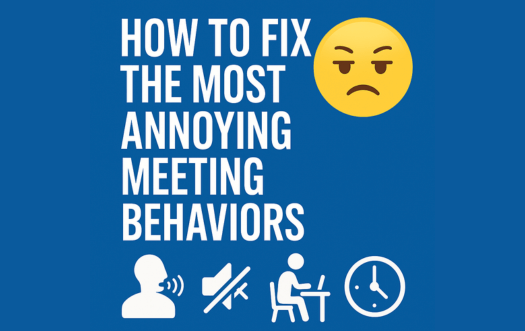Does the thought of receiving feedback immediately make your palms sweat? How do you feel about providing feedback to your team? Are you afraid of being seen as the bad guy?
In your job, you may be required to give staff negative feedback on their performance. It can be a tough thing as well meaning advice can often be lost in a sea of hurt feelings. With office harmony in mind, here are some things to remember the next time you try to help someone improve their performance:
Is the criticism fair?
Are you focused on the outcome of work or the person who did the work. There is a difference between saying, “You did not achieve your performance goal,” and, “You’re a lazy bum who can’t get the job done.” One can start a discussion, the other is more appropriate when ending a career. How you choose your words is very important.
How would you react?
While it can be dangerous to assume that everyone will react the same way you will, it can be a good thing to keep in mind. Remember, your goal is let the other person examine what went wrong and figure out how to prevent future problems. It’s very likely that her or she already knows that the performance fell below expectations. Your goal should be to refocus him or her on success. Think of it like sharpening a dull knife.
Don’t go “Bad Cop.”
If you interrogate employees like a tough TV police detective, they may become so flustered that they won’t be able to think. The discussion could escalate into an argument. That doesn’t serve your big picture needs, unless you plan on firing them. If you don’t, then you want to empower the employee.
Try to start a discussion through the use of questions. Ask them how they could reach their sales goal by saying something like, “What do you think would be a good way to make sure that you reach your next sales goal?”
Along those lines you may want to also ask, “How can I support you better so that you’ll achieve your goal?” You want this to be an exchange of ideas that ultimately gets the results that both parties want. Think of your words as tools. Think, coach, instead of, critic.
Is there a next step?
After you’ve had a good discussion, make sure that you’ve outlined a next step that builds upon the discussion you’ve just had. This helps ensure that your employee won’t fall back on old behaviors that didn’t work and instead will be focused on making a positive change.
###
Copyright 2009 Ken Okel
Ken Okel helps people and organizations get around the obstacles that are blocking the path to success.
If you want to get better results, subscribe to his free, biweekly newsletter at www.kenokel.com
You will also receive his special report, 7 Communication Mistakes that are Costing You Money, and have a chance to watch clips from his presentations.
Ken is available to speak to your organization. Call him at (561) 737-4321 or email TVGuy@kenokel.com to reserve your program date or to find out more.





